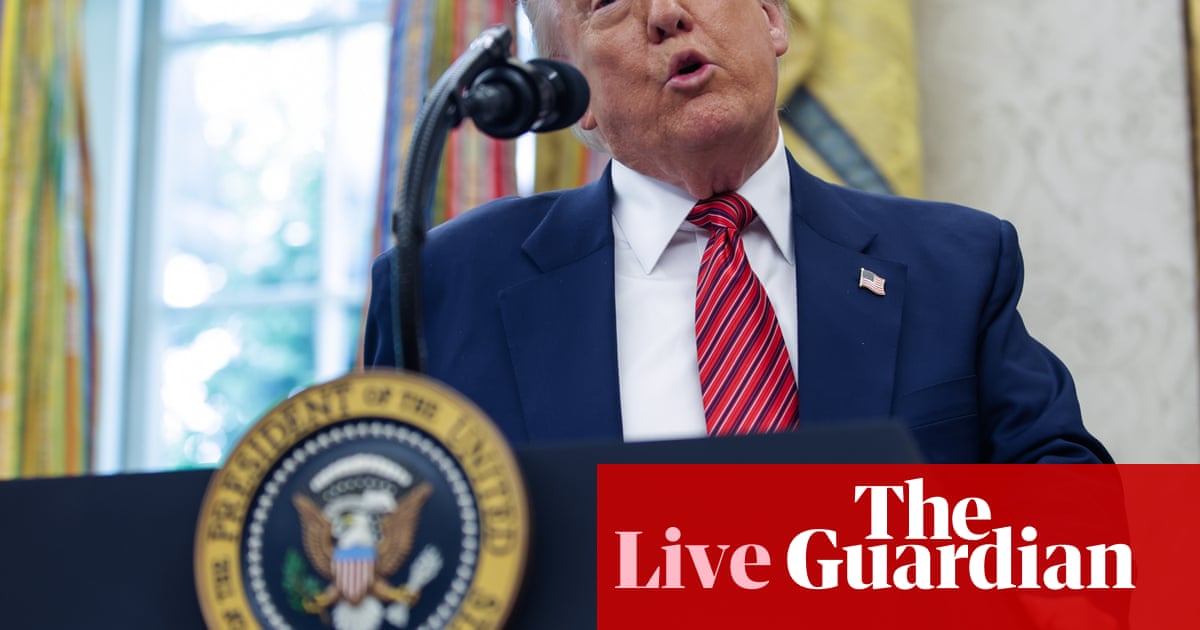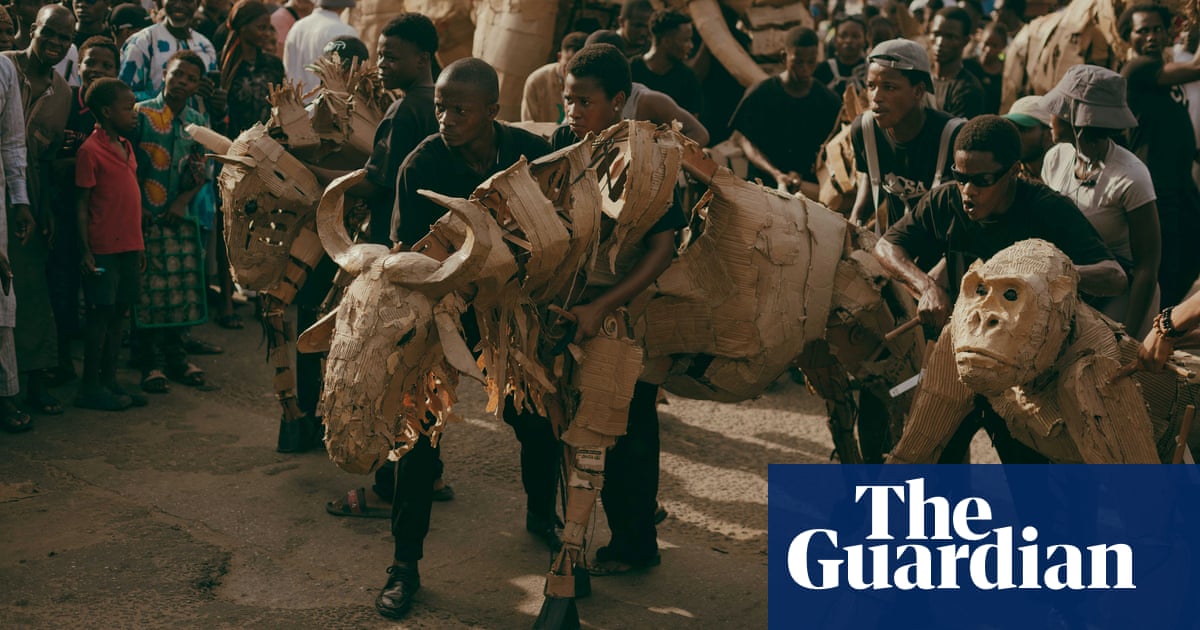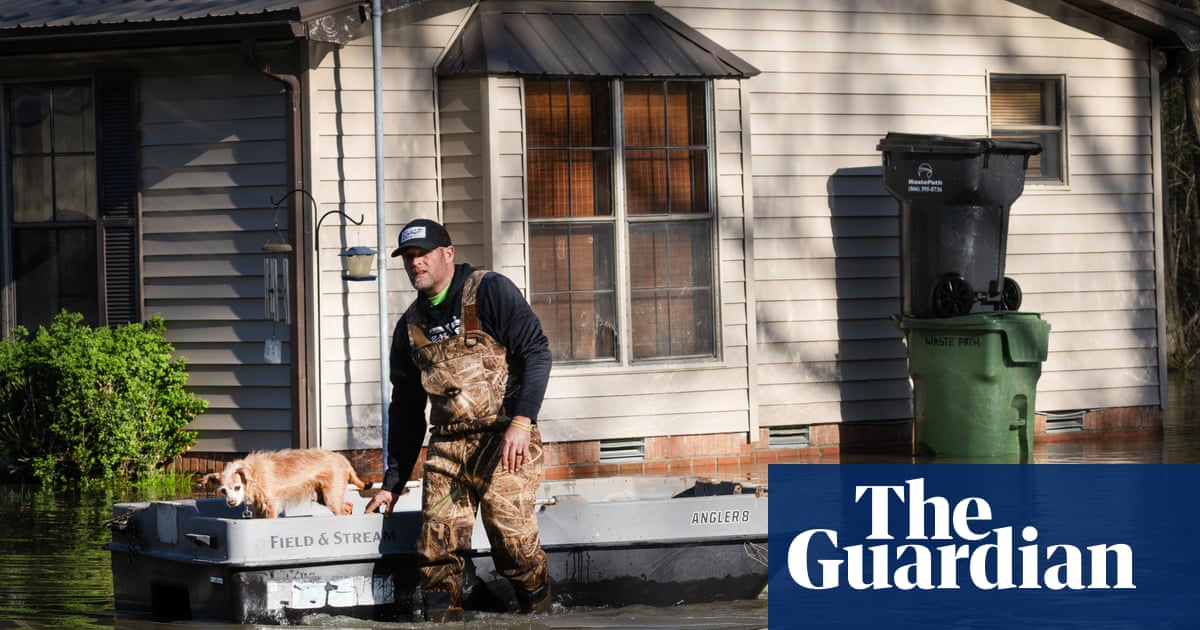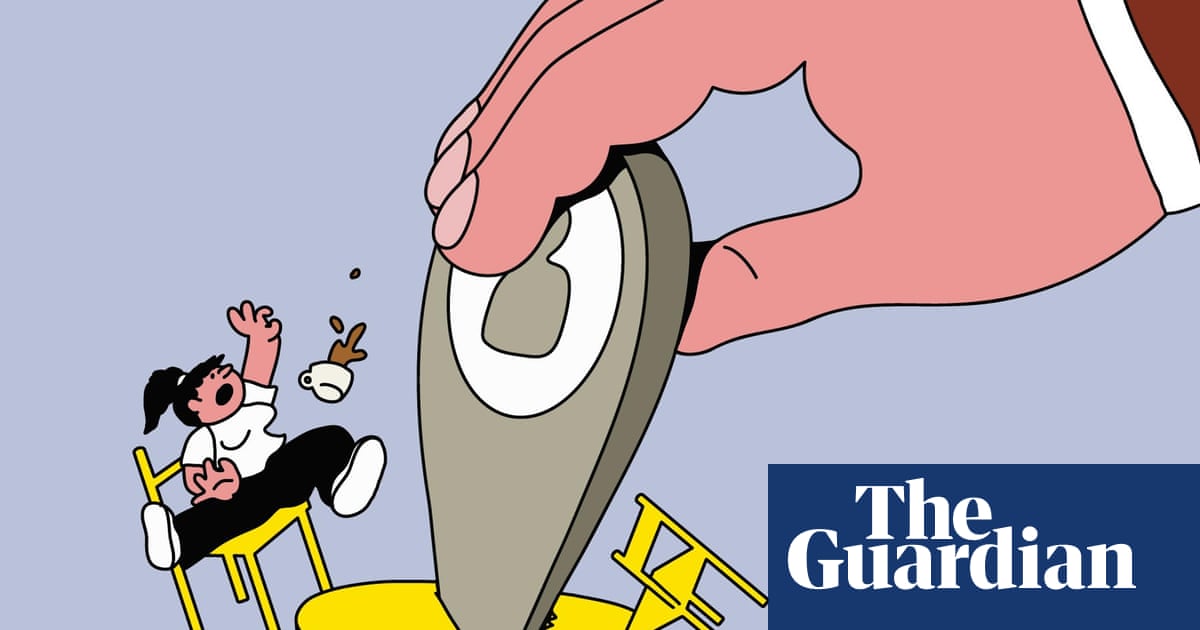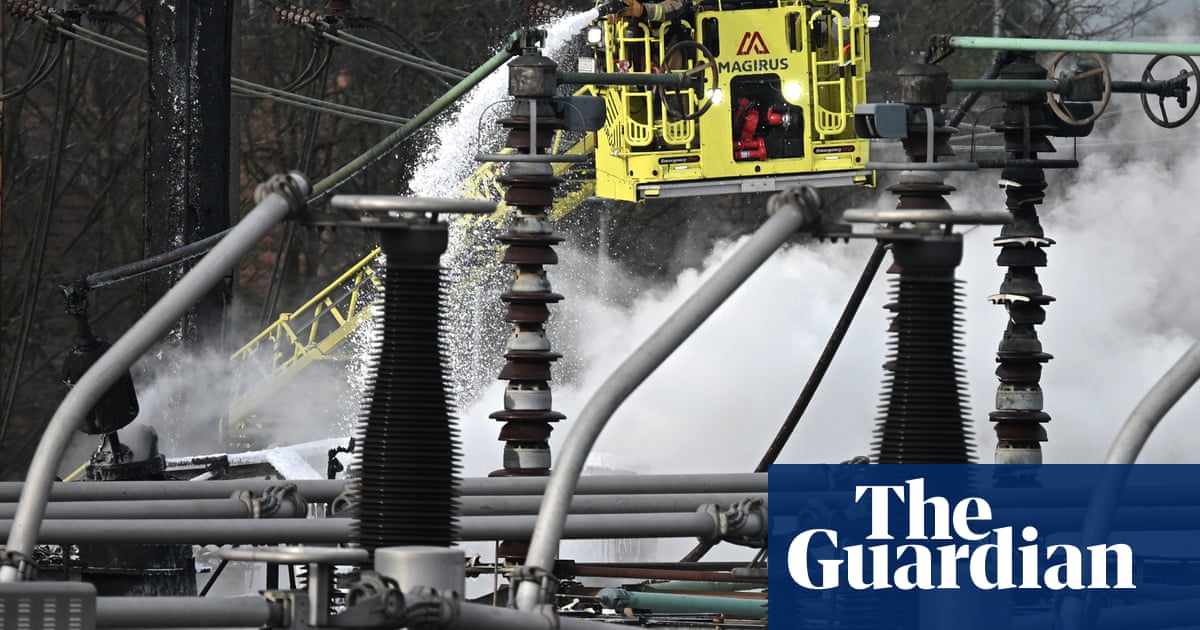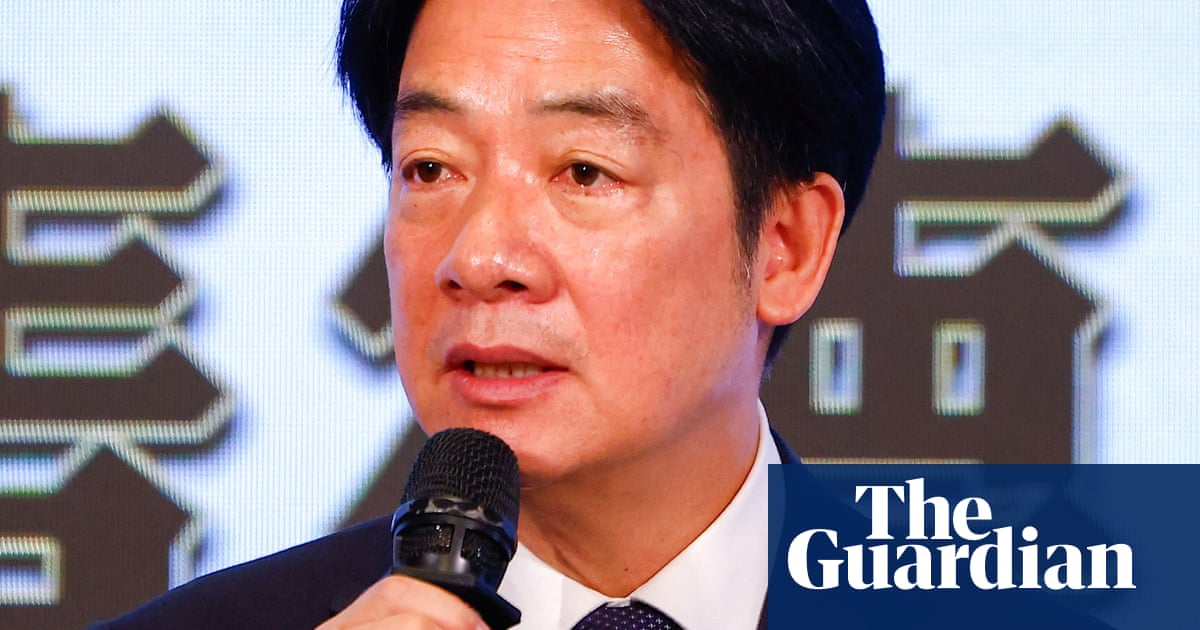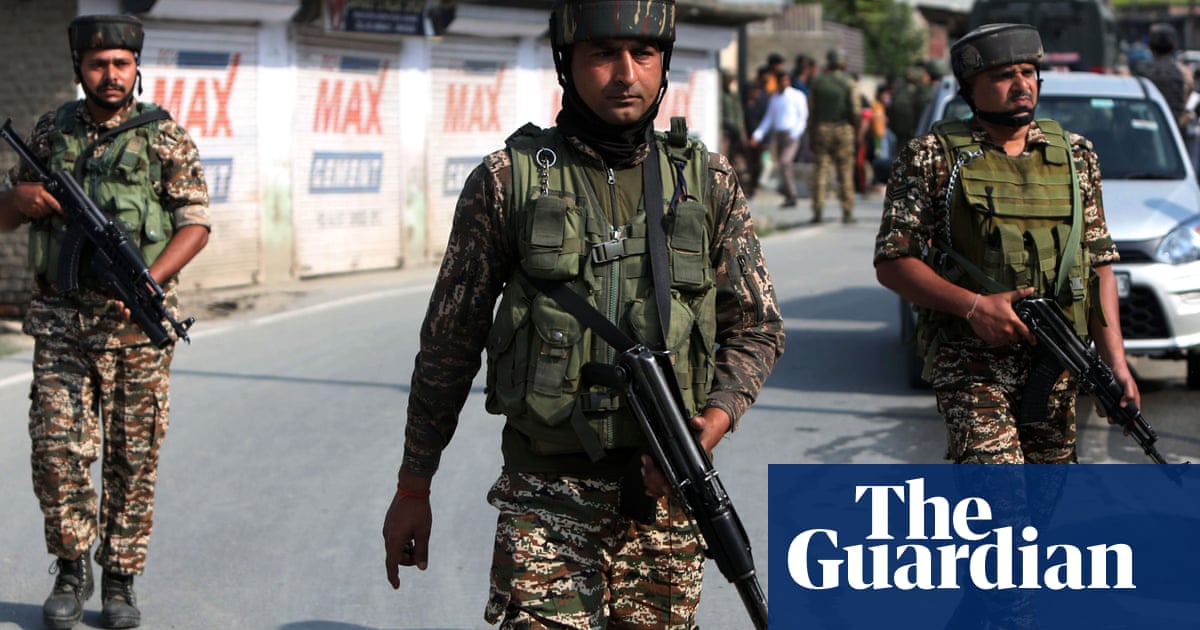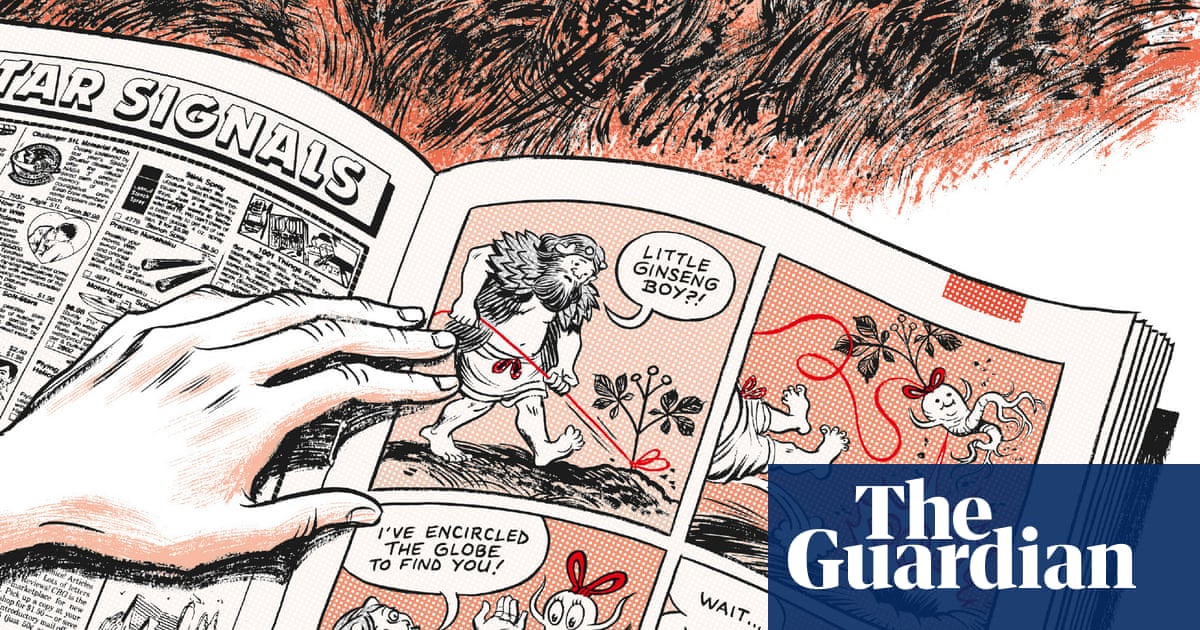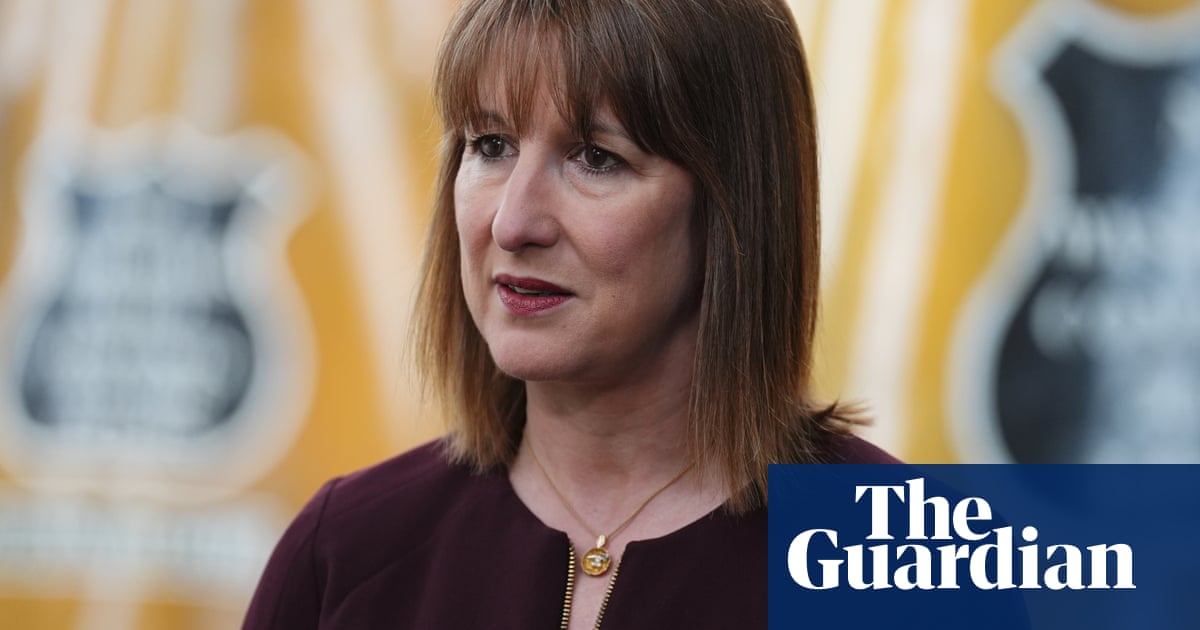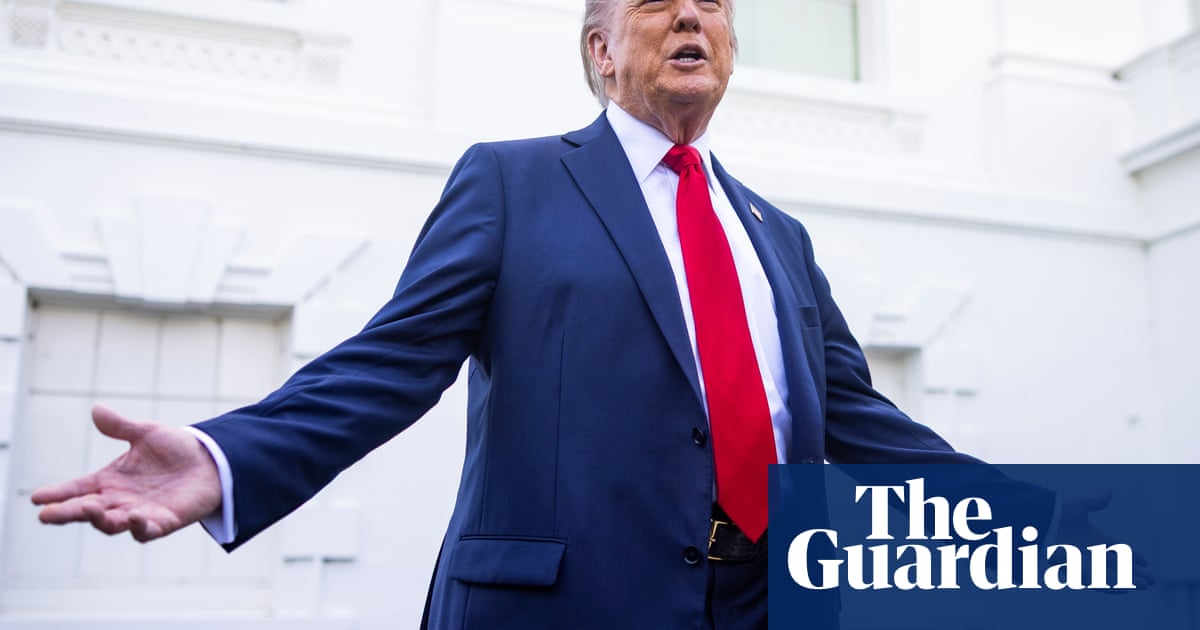Denis Healey, Roy Jenkins and Anthony Crosland were all born between 1917 and 1920, then educated at Oxford before serving in Labour governments. This homogenous gang of three, as this play’s title identifies them, fail to claim the highest political prizes because they believe the inevitable winner is one of them.
Written by political faction specialists Robert Khan and Tom Salinsky – whose earlier works Coalition, Kingmaker and Brexit examined aspects of the Cameron and Johnson years – the play shows the self-chosen big three of the Labour centre-right debating which of them should become deputy party leader in 1972 and 1976, prime minister in 1976 and leader of the opposition in 1980.
As with events in Rome, there’s a sense of Labour conclaves, with the added problem that not all of the contenders were in the room; in each case, a pope of socialism was crowned elsewhere (Ted Short, Michael Foot, James Callaghan, Foot again). Still more daringly, another party, across Westminster, chose a female leader.
The Tories having picked three more women (quality aside), while all Labour’s non-interim leaders have been male, is one of the play’s many subtle subtexts, alongside divisions between the trio including European membership and spending cuts.

Just as the play seems to be following conventional bio-drama chronology, there’s a flashback to Oxford in 1940 in an intriguing scene dramatising a more intimate relationship between Crosland and Jenkins that, in John Campbell’s biography of Jenkins, is attributed only to “private information”. Finally, the play becomes an unofficial prequel to Steve Waters’ Limehouse, in which Jenkins, as part of the “gang of four” (with David Owen, Shirley Williams and Bill Rodgers), founded the SDP, with the aim of supplanting Labour – although, like Jenkins’ previous gambles, that failed, with Healey refusing to become the gang’s fifth member.
Eschewing a bald cap (as used by Roger Allam in Limehouse), Hywel Morgan captures Jenkins’ delivery, rolling words around his mouth like the fine claret he carries in (a good in-joke about a political hero, this) a Gladstone bag. Colin Tierney as Healey nails the sudden French quotations and the habit, regardless of emotion, of speaking through gritted teeth. With the advantage or disadvantage of being the only character not impersonated by peak-time TV impressionists of the era, Alan Cox plays Crosland as a charmingly louche political chameleon – though, as the play shows, that wasn’t enough.
-
At the King’s Head theatre, London, until 1 June

 17 hours ago
9
17 hours ago
9
